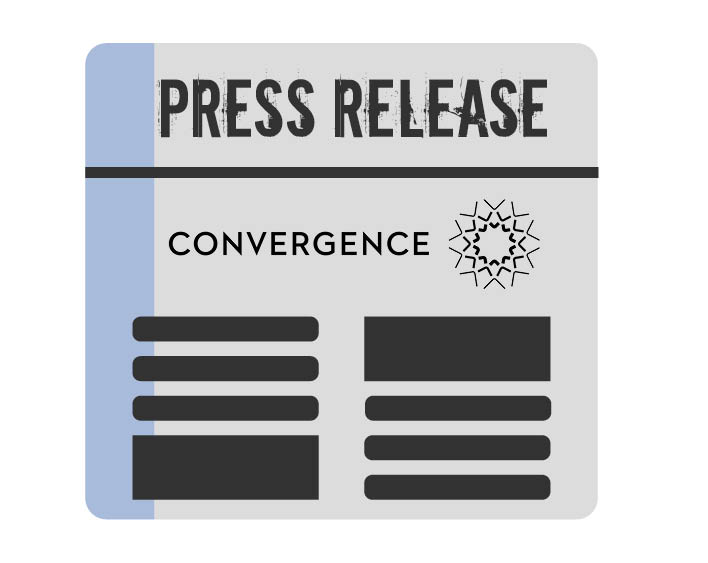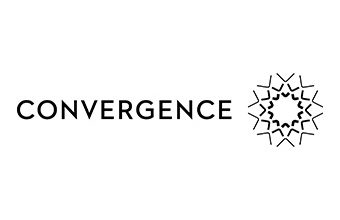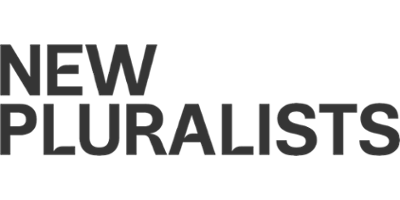Tackling deep challenges around digital discourse and driving solutions that foster resilience, connectedness, and wellbeing in our democracy and communities without violating free speech, civil or human rights.
This project is supported by The John S. and James L. Knight Foundation, which promotes informed and engaged communities and believes that providing people with information is essential so that they and their communities can make the best choices, and New Pluralists, a sponsored project of Rockefeller Philanthropy Advisors and a collaborative of diverse funders and field leaders (practitioners, storytellers, researchers, and innovators) working together to catalyze a culture of pluralism, belonging and respect in America.
The Vision
A democracy and society where digital discourse fosters connected and resilient communities, empowered and resilient individuals, and trustworthy information and sustainable local media.
The Problem
The internet, social media and digital technology are fixtures in our daily reality, influencing how we work, play, communicate, relate, consume, produce, and disseminate information. Online discourse and information are increasingly central to our social and civic life.
While the internet has been democratizing medium for digital discourse – enabling a knowledgeable public, robust debate, vocal dissent, and connect communities – it also has a darker side. This same internet is being leveraged as a tool for disinformation, misinformation, psychological and behavioral manipulation, polarization, radicalization, surveillance, and addiction. Deception and manipulation of news and information pre-date the internet, but its acceleration, reach, and scale are greater on the web. Within a system designed to capture and monetize our attention, and against the backdrop of an increasingly polarized nation, the way we use information and communication technologies has resulted in cascading harms.
The stakes are high. Digital platforms increasingly mediate discourse, from helping users join social groups to stay up to date on current events. The spread of false, divisive, and hurtful digital information on one hand, and over-moderation, censorship and cancel culture on the other negatively affect our individual wellbeing, tear at our community and social fabric, skew markets, and threaten our democracy by impeding our ability to stay informed, debate, and work together to solve important problems.
National Concern
71% of Americans say the internet does more to divide us than bring us together.
Percentage of Americans who believe disinformation is a threat to democracy.
49% of experts say that technology will mostly weaken democracy in the next decade. Only 33% think technology will improve democracy.
Polarization and Distrust
Percentage of Americans who are concerned about misinformation, hate speech, abusive language and bullying online and about the size and power of large technology companies.
Percentage of Americans who distrust social media companies to make the right content moderation decisions.
Scope of the Problem
Social media engagement with deceptive sites reached record highs in 2020. On Twitter, nearly 1/3 of the total 155 million shares of links to US-based sites were to deceptive sites.
Blueprint Consensus SOLUTIONS

Design
Social media design that facilitates choice and encourages constructive interaction.

Awareness and Skills:
Create bottom-up educational resources that address how users interface with platforms, information and each other.

News and Information
Trustworthy news and information providers who promote shared facts and understanding and meet community needs.
In the News

Online Disinformation Primer
Explore divisive digital discourse, some of the common terms related to this debate, and context developed with insights from some of the 200+ with experts, community leaders, social media employees, users, journalists, policymakers, and more. Develop a broader understanding of disinformation for more resilient online discourse in 2023 and beyond with this primer today.
Watch a lively debate about the challenges around online discourse and polarization in public life between two leaders in the field. Convergence President & CEO David Eisner moderated this spirited conversation between Harvard Fellow and journalist Heidi Legg and first amendment attorney Ari Cohn.

Convergence Center for Policy Resolution (Convergence), the leader in building collaborations across political, ideological, sectoral, and cultural divides to solve intractable issues, today released the Discovery Report for its newest project, the Convergence Collaborative on Digital Discourse for a Thriving Democracy and Resilient Communities. The report lays out the primary conflicting perspectives around the causes and potential solutions to the insidious online trends that are driving increasingly toxic levels of divisiveness, partisanship, hate, and unreliable information.

Four Partners Announce Joint Digital Disinformation Initiative
As Washington struggles to develop a national approach to digital disinformation, an innovative partnership is bringing together citizens, experts, leaders, faith-based voices, and policymakers to develop policy recommendations that incorporate an exciting range of knowledge, perspectives, and values. The effort is led jointly by Civic Genius, Convergence Center for Policy Resolution, More in Common, and Interfaith Youth Core (IFYC), four nonpartisan, nonprofit organizations that work to move past political polarization.
Interested in funding a project in the future?
Check out our donate page or contact our development team to learn more.




